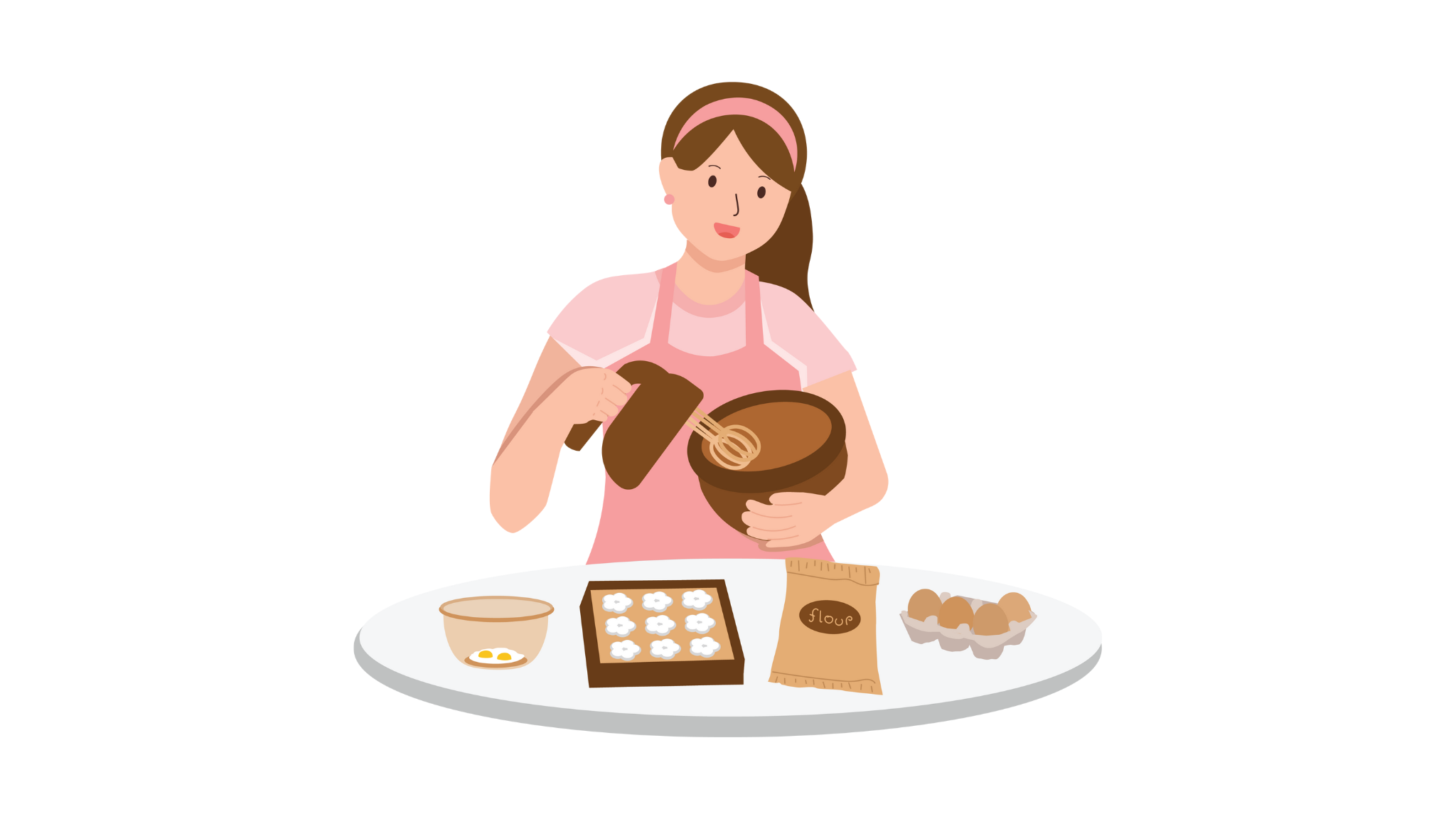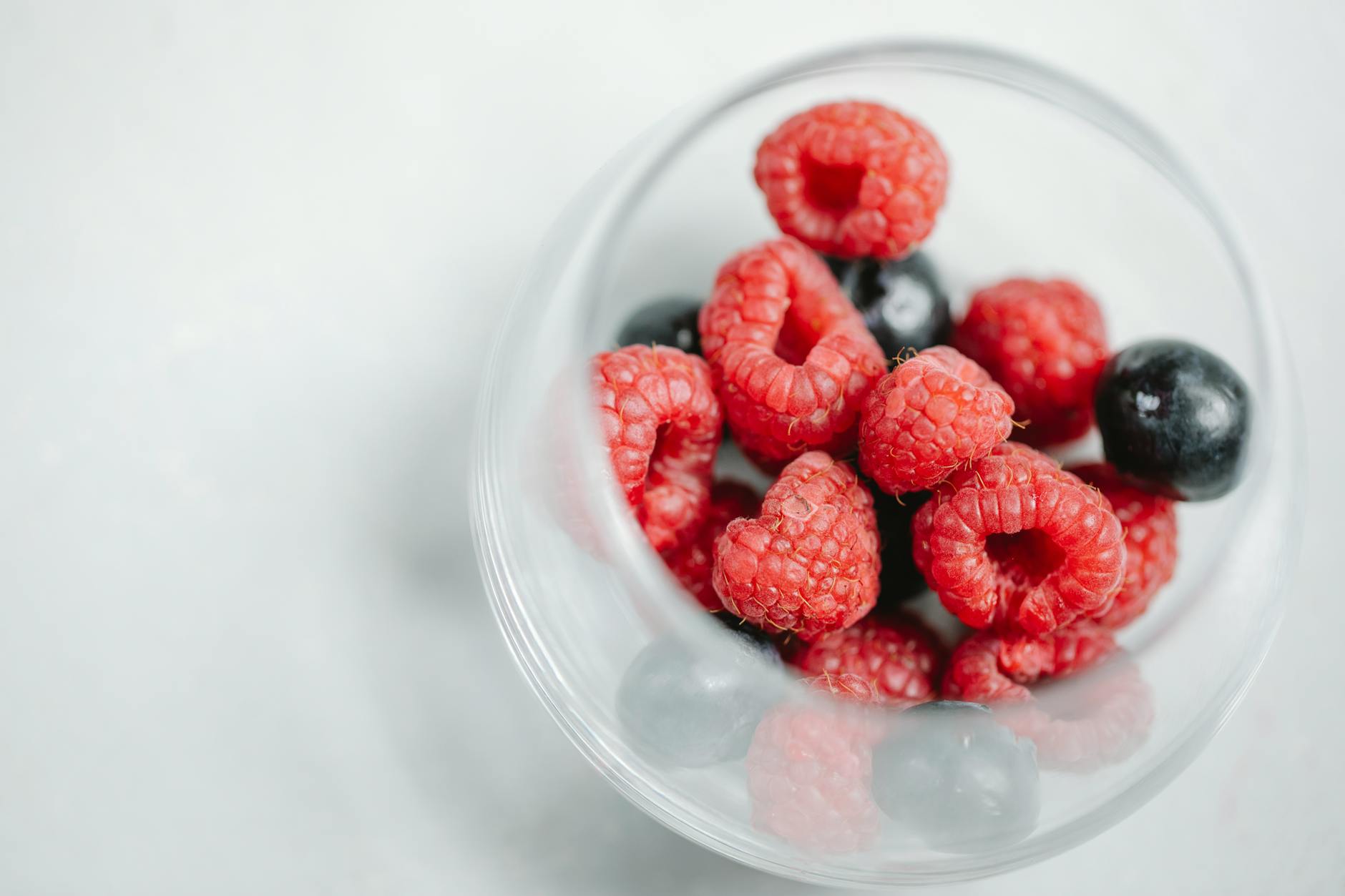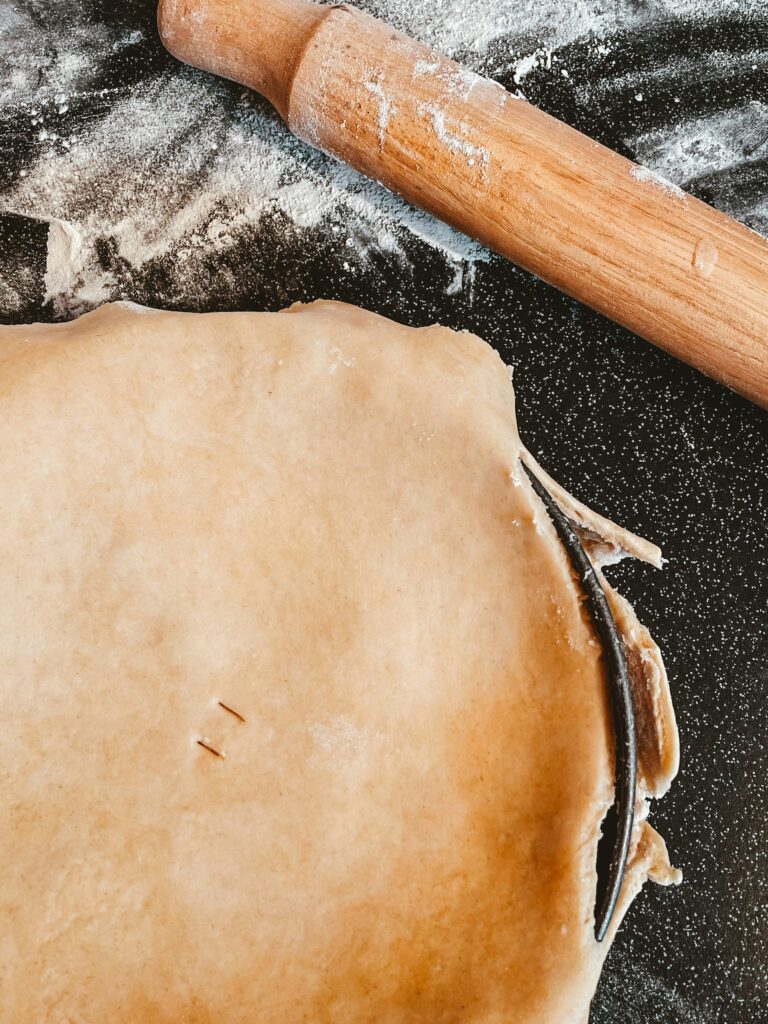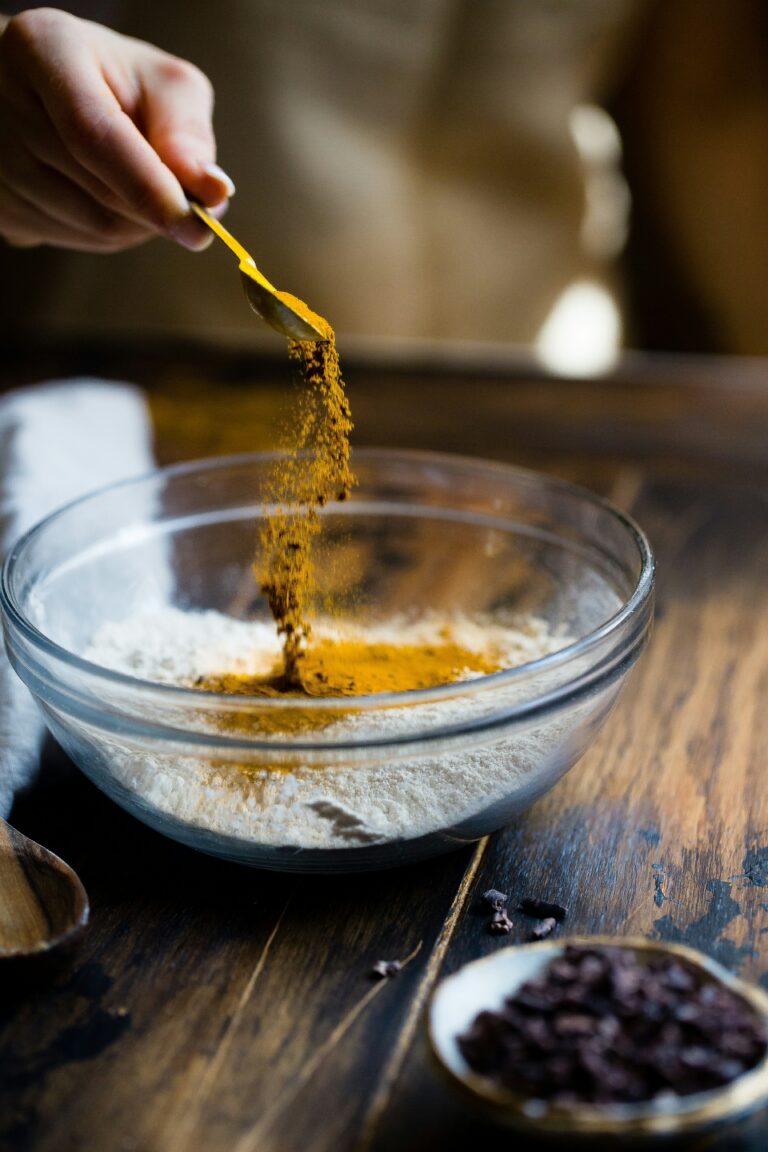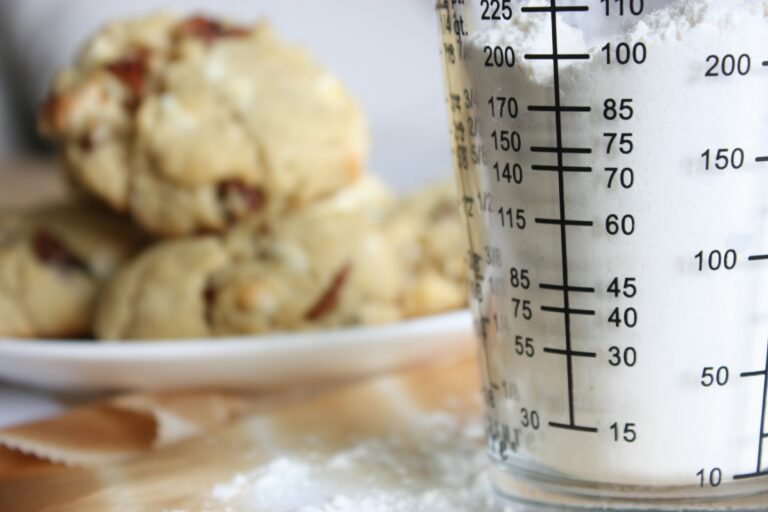Cracking the Case of Measurements
Cooking and baking aren’t just about throwing all your ingredients in a bowl and hoping for the best. Nailing down those measurements can make your culinary dreams—or nightmares—a reality. Let’s find out why knowing your measurements can make or break your recipes and dive into the epic battle of grams versus cups.
Why Getting Your Measurements Right Matters
Ever made cookies that could double as doorstops? We have too, and often the culprit is a dodgy measurement! Whether it’s your grandma’s secret cookie recipe or your own experimental cupcake masterpiece, the right mix of ingredients is the bridge between bland and blissful. Mess up those quantities, and you’re cruising for a flavorless disaster that’ll disappoint even the bravest taste-testers.
Grams vs. Cups: The Great Debate
Enter the kitchen arena: grams versus cups. While our friends across the pond often go with the trusty cup, those international super-chefs love their grams, all for that sweet precision.
But what’s the deal with switching between grams and cups? Here’s a nifty chart to help with some popular ingredients:
| Ingredient | Grams (g) | Cups |
|---|---|---|
| All-Purpose Flour | 120g | 1 cup |
| Granulated Sugar | 200g | 1 cup |
| Butter | 225g | 1 cup |
| Brown Sugar | 220g | 1 cup |
| Rolled Oats | 90g | 1 cup |
| Milk | 240g | 1 cup |
Remember, folks, ingredients don’t always behave the same way—it’s like wrangling a bunch of solo artists in a band. Densities vary, and getting those quantities spot on can mean using a kitchen scale to weigh those bad boys in grams—especially when it’s baking time, where accuracy is queen. For more on making the leap from cups to grams without causing a kitchen crisis, mosey on over to our handy-dandy guide here.
Converting Grams to Cups
Cooking and baking are like alchemy in the kitchen—getting the measurements just right can mean the difference between a culinary masterpiece and a kitchen disaster. So, let’s chat about how to convert grams to cups without turning your cake into a pancake.
Basic Conversion Factors
Grams to cups? It’s not one-size-fits-all since every ingredient’s got its own density drama. Here’s a hit list of some common stuff we measure:
| Ingredient | Grams to Cups Conversion |
|---|---|
| All-Purpose Flour | 1 cup = 120 grams |
| Granulated Sugar | 1 cup = 200 grams |
| Butter | 1 cup = 227 grams |
| Rolled Oats | 1 cup = 90 grams |
| Milk | 1 cup = 240 grams |
Remember, these numbers ain’t gospel; they might flex a bit. Variables like how you measure and the density of what you’re working with will shake up the game. For a deep-dive into conversions, check our detailed guide on cup-to-gram conversions.
Practical Tips for Precision in Cooking and Baking
If you wanna nail those measurements, here’s our blueprint:
-
Buddy up with a kitchen scale: It’s basically your culinary sidekick. Measuring in grams keeps everything precise and your muffins fluffy—no more guessing games.
-
Fluff, spoon, and level: When dealing with flour or similar, fluff it up good in its container. Spoon gently into your cup, and swipe the excess off the top with something flat. It stops the ingredient from getting all squished and falsifying your measurement.
-
Stick to one system: Either cups or grams—don’t switch dance partners mid-recipe. Picking just one keeps everything harmonious and the end result consistent.
-
Make converts of your recipes: Got a recipe in cups but live and die by grams? Take the time to convert those measurements. Trust us; your precision might just be the secret ingredient.
-
Spot the differences: Not every source agrees on conversions. Find what seems to mesh best with your go-to recipes and run with it.
Once you’ve got the hang of flipping grams to cups and measuring with the precision of a scientist on a sugar high, you’re ready to lift your home cooking and baking to unimaginable heights. The secret’s in the practice—so grab your apron, indulge your adventurous side, and fine-tune your way to culinary glory. Questions of flavor? Consider them solved.

